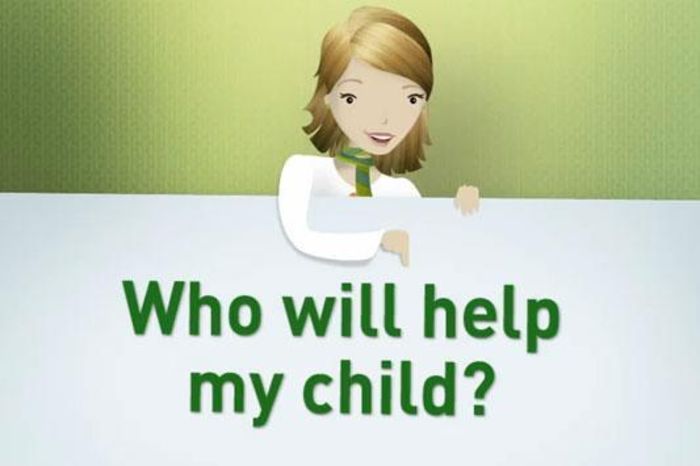Safety at School
BullyingWho will help my Child?

NSW public school counsellor Caroline Powelltalks about how parents can get help for their child when bullying is an issue.
If you find out your child is being bullied there are lots of things you can do to help them.
You should always start by asking what would they like you to do.
A child who has been bullied usually feels powerless. It’s important to give him some control back – give them some options.
I would start by making an appointment to talk to your child’s teacher – if they’re in high school you might want to see the year advisor or they might have a favourite teacher. Depending on what’s happened you also might want to involve your school principal.
If you are unsure about who to talk to and want some advice, you can make an appointment to see the school counsellor.
Every school has access to a counsellor who will keep your information confidential and is experienced in dealing with student welfare.
Ask your school how to contact the school counsellor.
It’s also important to know that every school in NSW has an anti-bullying plan. It might be on your school’s website, if not, you are absolutely entitled to ask the principal for a copy. It’s your right as a parent to understand how your school is going to manage and protect your child.
If you decide to meet with the teacher, principal or counsellor, try to go into these meetings prepared.
- Make a list of bullet points which cover off all the issues you want to discuss.
- Think about what you want the outcome of the meeting to be.
- You may feel anxious or angry but you’ll get a much better result if you stay calm and present the facts as you know them.
- You might want to ask for a short term and long term plan. The short term plan is usually, ‘What can we do to make sure my child feels safe at school tomorrow?’ The long term plan should provide support both for your child and the child who has been bullying, so that the abuse is not repeated.
- Ask questions about who is going to be responsible for carrying out the solutions you’ve discussed.
If English is not your first language you can ask the school to organize an interpreter to be at the meeting.
You’re also allowed to take a support person with you. That might be a relative, a close friend, or someone you trust in the community.
Whilst it’s a great idea to have an outcome in mind, parents don’t have the right to demand a punishment.
It’s definitely not your role as a parent to discipline, punish or take revenge on the child who has been accused of bullying. This is almost guaranteed to make the situation worse and could even get you into trouble.
Finally, while it might be tempting to keep your child away from school, or you may even consider changing schools, I would firmly advise against doing this.
Remember that your child has done nothing wrong and deserves their place at school. It’s also important for them to see you work through conflict – bullies will only stop when someone with authority stands up to them.


